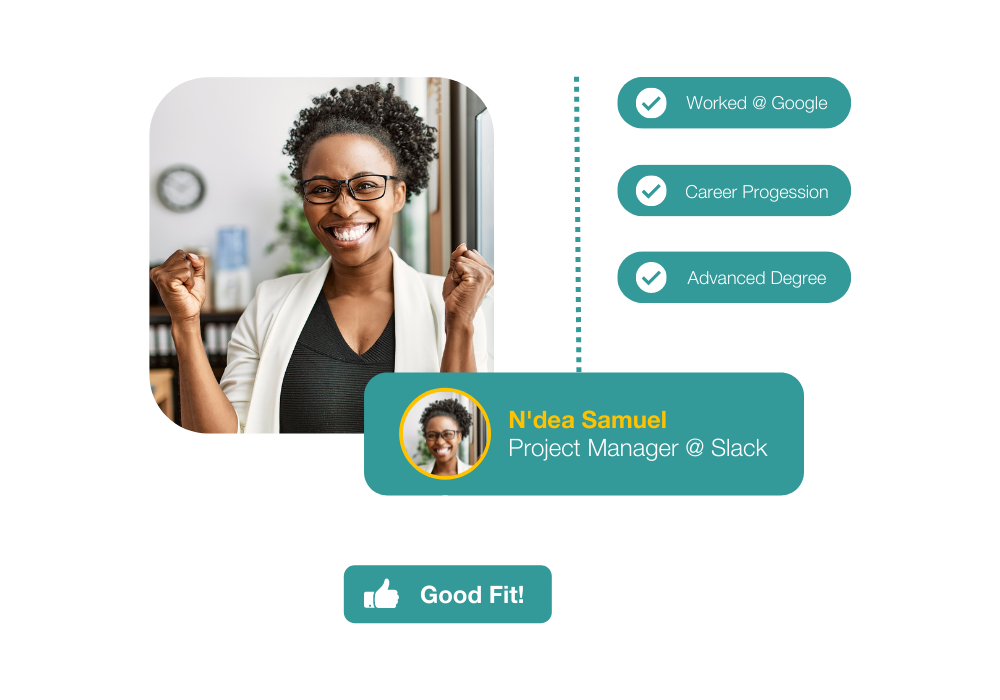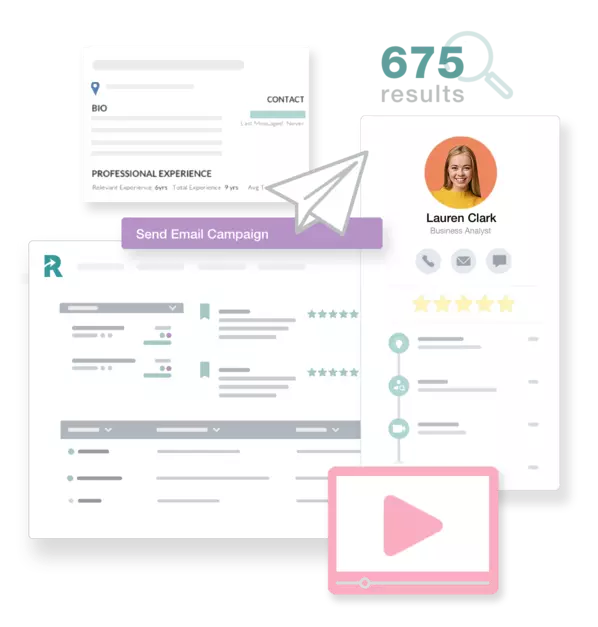Recruiters are responsible for putting candidates and employers together. They are experts at both finding and identifying talent. Corporate Recruiters are responsible for delivering talented employees to their companies, while Agency Recruiters find qualified applicants for their clients.
Different Types of Recruiters
Recruiters function as official talent search agents for corporations and other organizations where there is a need to fill jobs. Although their job functions remain largely the same across the board, recruiters fall into a few different categories:
- Internal recruiters (talent acquisition)
- Third-party recruiters (recruiting firms)
- Executive recruiters
Typically, internal (in-house) recruiters are the most commonly utilized type since they are solely employed by the organization seeking recruits, and understand the culture and goals of that particular organization. Third-party recruiters are employed by an external talent agency and work for numerous clients at once. Executive recruiters are specialized in identifying and pursuing candidates for senior management and other high-level positions.
Human Resources
The human resources department usually houses the organizational internal-recruitment branch and recruiters may also serve other HR roles, in addition to recruitment responsibilities. They are generally permanent employees, though may be hired on a temporary basis as independent contractors. The main function of an internal recruiter is to survey a specified talent pool and job boards to actively pursue qualifying candidates meeting certain company-defined criteria.
Third-Party Recruiters
Third-party recruiters, commonly employed by employment agencies and search firms, work only as representatives of their clients and act as talent scouts and as the point of contact between clients and potential candidates. Third-party recruiters almost always specialize in maintaining professional networks and finding talent, lacking the additional responsibilities of their in-house counterparts. Each client specifies the required criteria for a position and the third-party recruiter filters applicants based on these specifications.
Executive recruiters
Executive recruiters (i.e. executive search) tend to be specialized in niches and focus on specific industries or employee types. They ordinarily work for recruiting firms that further specialize in a certain geographical area or market. Executive recruiters function much like other non-executive recruiters but concentrate on recruiting senior executives, medical or technological specialists, or sales professionals.
Another type of recruiter that should be mentioned is a staffing firm, which not only helps find talent for their clients but they also help job seekers find job opportunities that are the perfect fit for their particular skill set.











